Five people rack up 8,655 calls to Met Police in a year
Watchdog says newly revealed figures highlight a much larger problem facing forces in UK
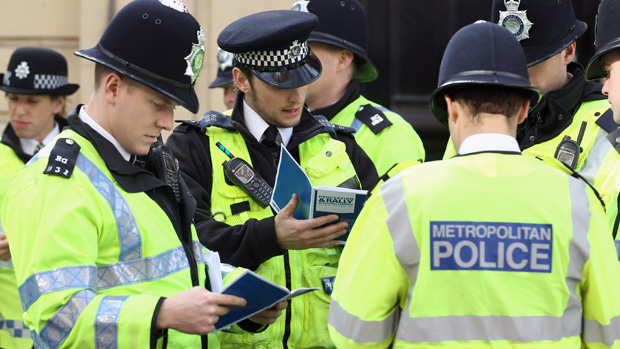
A free daily email with the biggest news stories of the day – and the best features from TheWeek.com
You are now subscribed
Your newsletter sign-up was successful
The Metropolitan Police Service was forced to spend around £70,000 answering a total of 8,655 calls made to the force last year by five people with mental health problems, newly published figures show.
A report by the senior police watchdog warns that police are facing extreme pressure as a result of the national crisis in mental health care, with officers “increasingly being used as the service of default”.
According to Her Majesty’s Inspectorate of Constabulary and Fire and Rescue Services (HMICFRS), the Met receives a mental-health related phone call every four minutes, on average, says Sky News.
The Week
Escape your echo chamber. Get the facts behind the news, plus analysis from multiple perspectives.

Sign up for The Week's Free Newsletters
From our morning news briefing to a weekly Good News Newsletter, get the best of The Week delivered directly to your inbox.
From our morning news briefing to a weekly Good News Newsletter, get the best of The Week delivered directly to your inbox.
And the problem is by no means confined to the English capital. The Chief Constable of Lancashire Police recently said his officers were spending 20,000 response hours on mental health each month, reports The Independent.
HM inspector of constabulary Zoe Billingham is calling on other services to stop relying on the availability of police.
“Overstretched and all-too-often overwhelmed police officers can’t always respond appropriately, and people in mental health crisis don’t always get the help they need,“ she said, adding: “The police should be the last resort, not the first port of call.”
The increased demand for mental health respondents comes amid growing policing challenges posed by other crises including soaring knife crime and terrorism. Meanwhile, police funding cuts has seen officer numbers fall by around 20,000 since 2010.
A free daily email with the biggest news stories of the day – and the best features from TheWeek.com
A survey conducted by HMICFRS found that just 2% of respondents believed it was “the police’s responsibility to respond to mental health calls”, while 70% felt “it was the main responsibility of the health services to deal with”.
Dr Paul Lelliott, who leads the mental health division at the Care Quality Commission, told Sky News that while people may be tempted to call the police because they offer a fast response, “they must never be considered a substitute for expertly trained healthcare professionals”.
-
 How the FCC’s ‘equal time’ rule works
How the FCC’s ‘equal time’ rule worksIn the Spotlight The law is at the heart of the Colbert-CBS conflict
-
 What is the endgame in the DHS shutdown?
What is the endgame in the DHS shutdown?Today’s Big Question Democrats want to rein in ICE’s immigration crackdown
-
 ‘Poor time management isn’t just an inconvenience’
‘Poor time management isn’t just an inconvenience’Instant Opinion Opinion, comment and editorials of the day
-
 Why have homicide rates reportedly plummeted in the last year?
Why have homicide rates reportedly plummeted in the last year?Today’s Big Question There could be more to the story than politics
-
 How the ‘British FBI’ will work
How the ‘British FBI’ will workThe Explainer New National Police Service to focus on fighting terrorism, fraud and organised crime, freeing up local forces to tackle everyday offences
-
 ‘Stakeknife’: MI5’s man inside the IRA
‘Stakeknife’: MI5’s man inside the IRAThe Explainer Freddie Scappaticci, implicated in 14 murders and 15 abductions during the Troubles, ‘probably cost more lives than he saved’, investigation claims
-
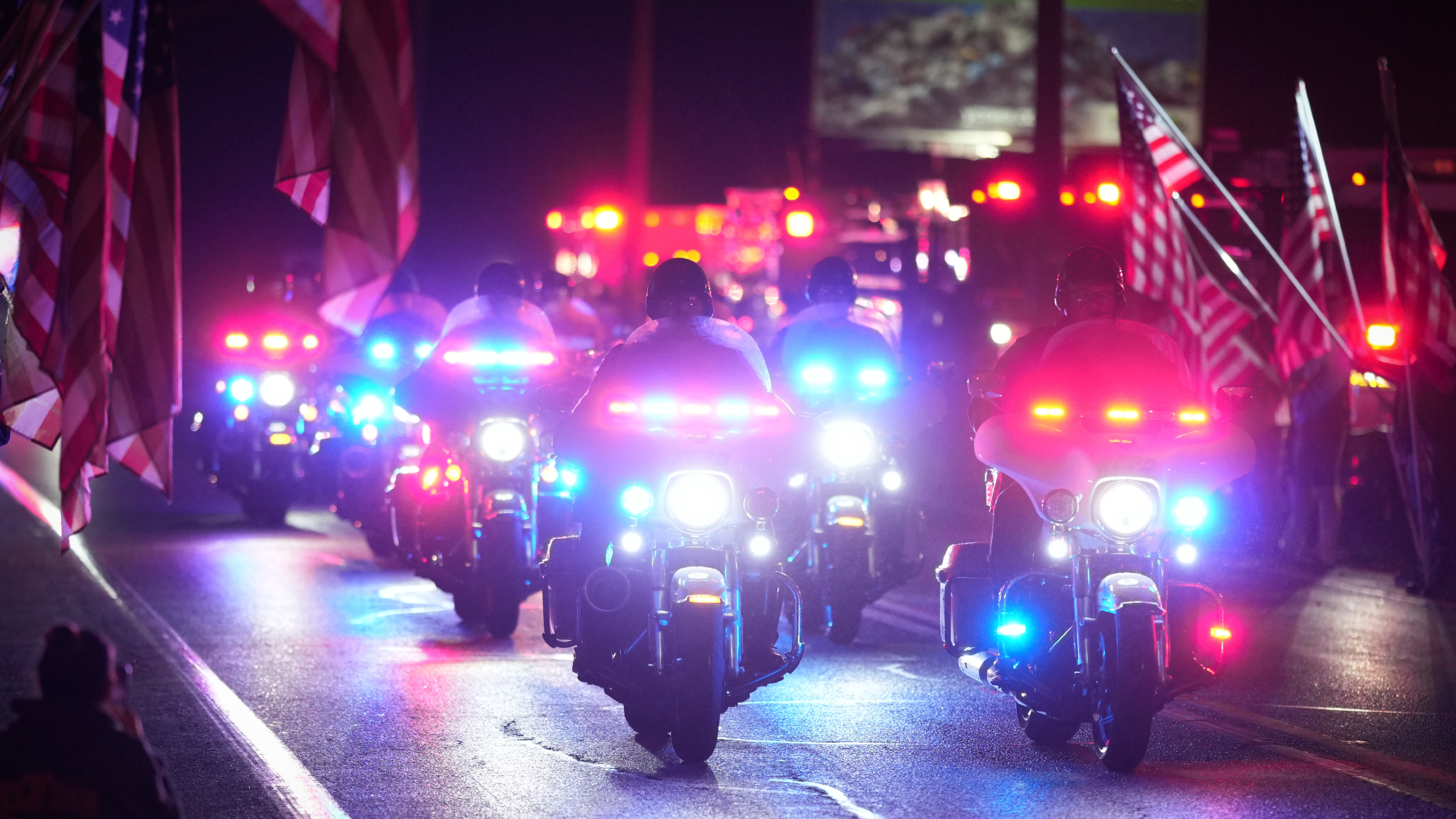 3 officers killed in Pennsylvania shooting
3 officers killed in Pennsylvania shootingSpeed Read Police did not share the identities of the officers or the slain suspect, nor the motive or the focus of the still-active investigation
-
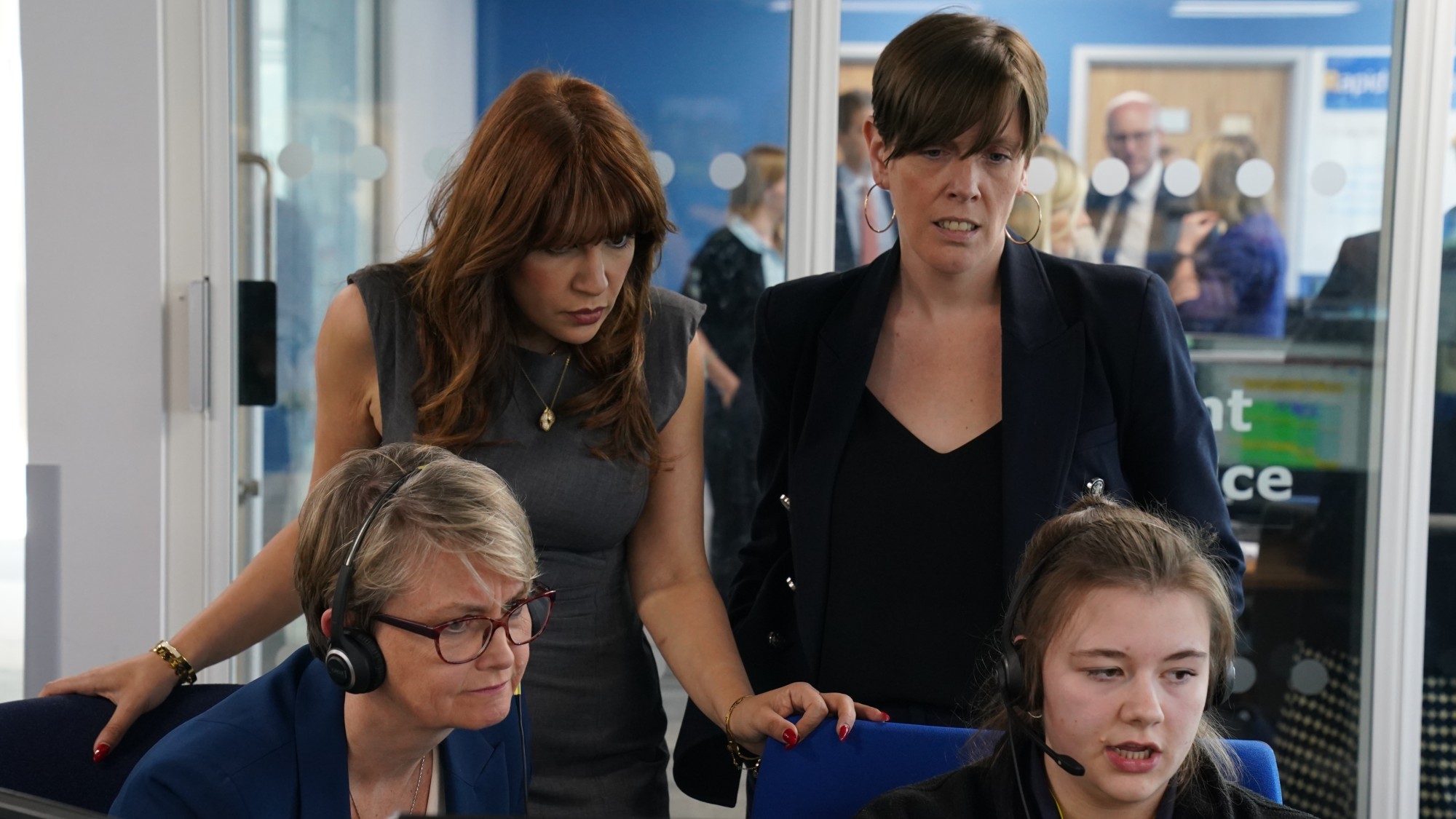 Dash: the UK's 'flawed' domestic violence tool
Dash: the UK's 'flawed' domestic violence toolThe Explainer Risk-assessment checklist relied on by police and social services deemed unfit for frontline use
-
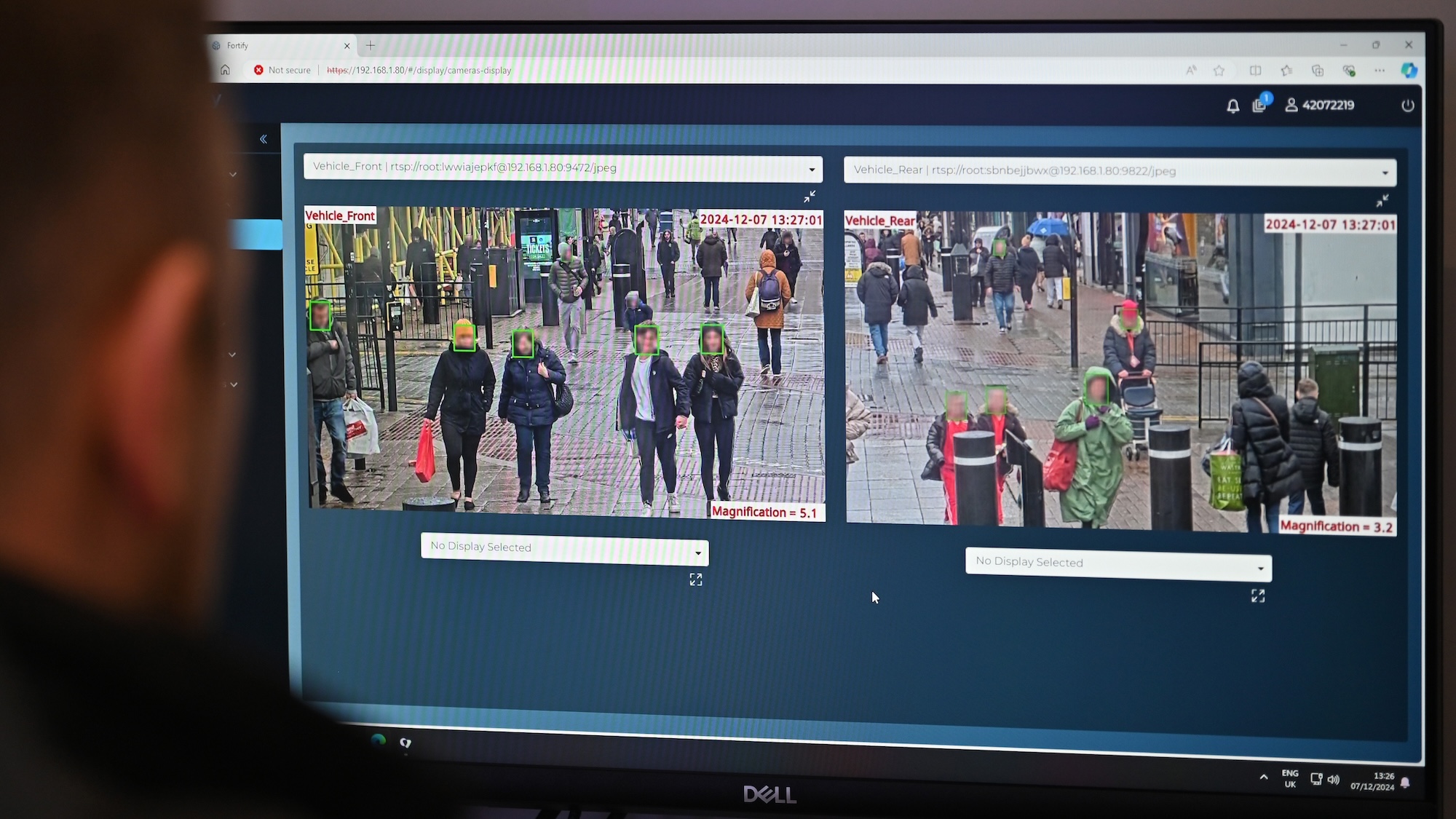 The ethics behind facial recognition vans and policing
The ethics behind facial recognition vans and policingThe Explainer The government is rolling out more live facial recognition technology across England
-
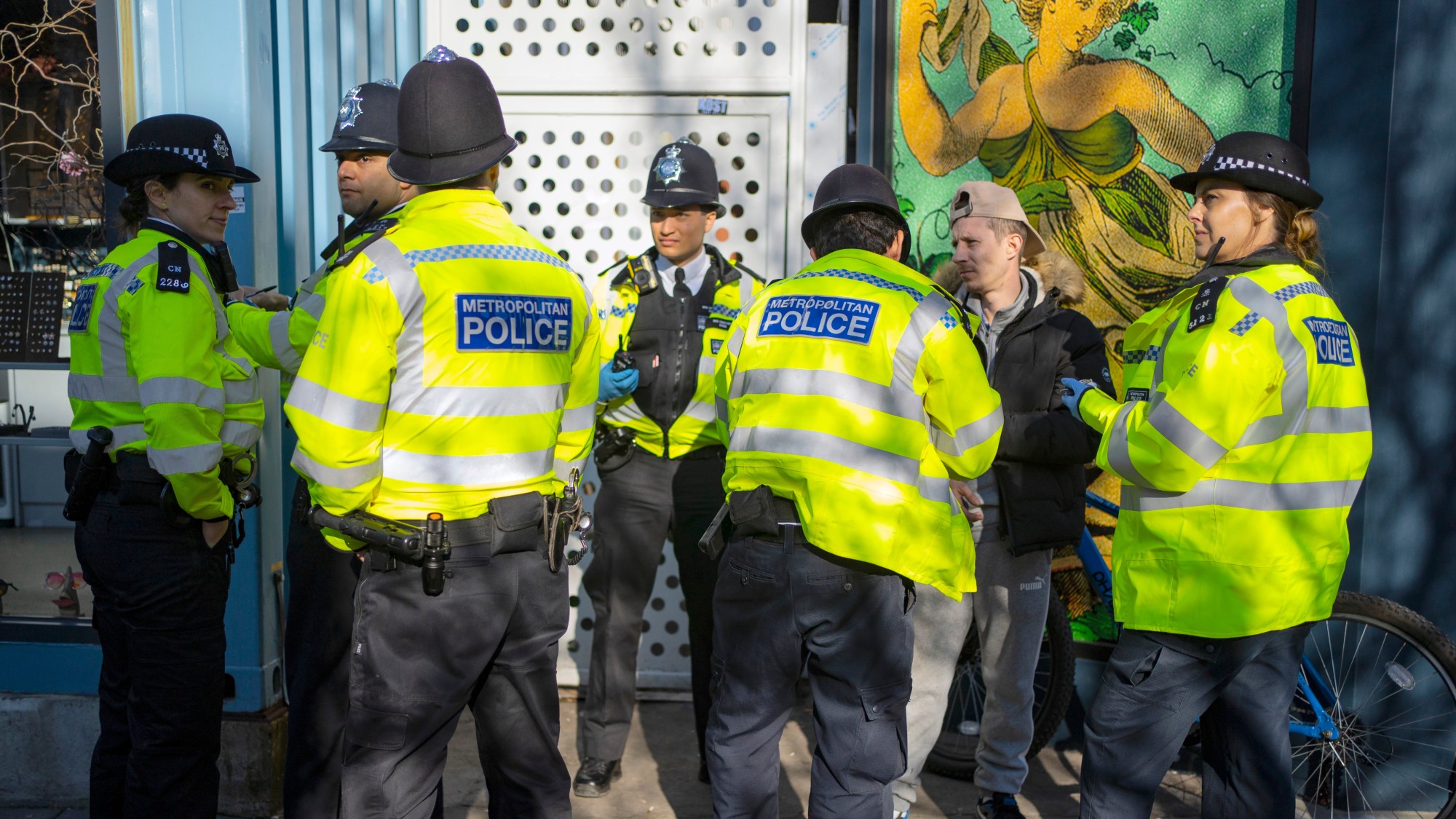 The Met police's stop and search overhaul
The Met police's stop and search overhaulThe Explainer More than 8,500 Londoners have helped put together a new charter for the controversial practice
-
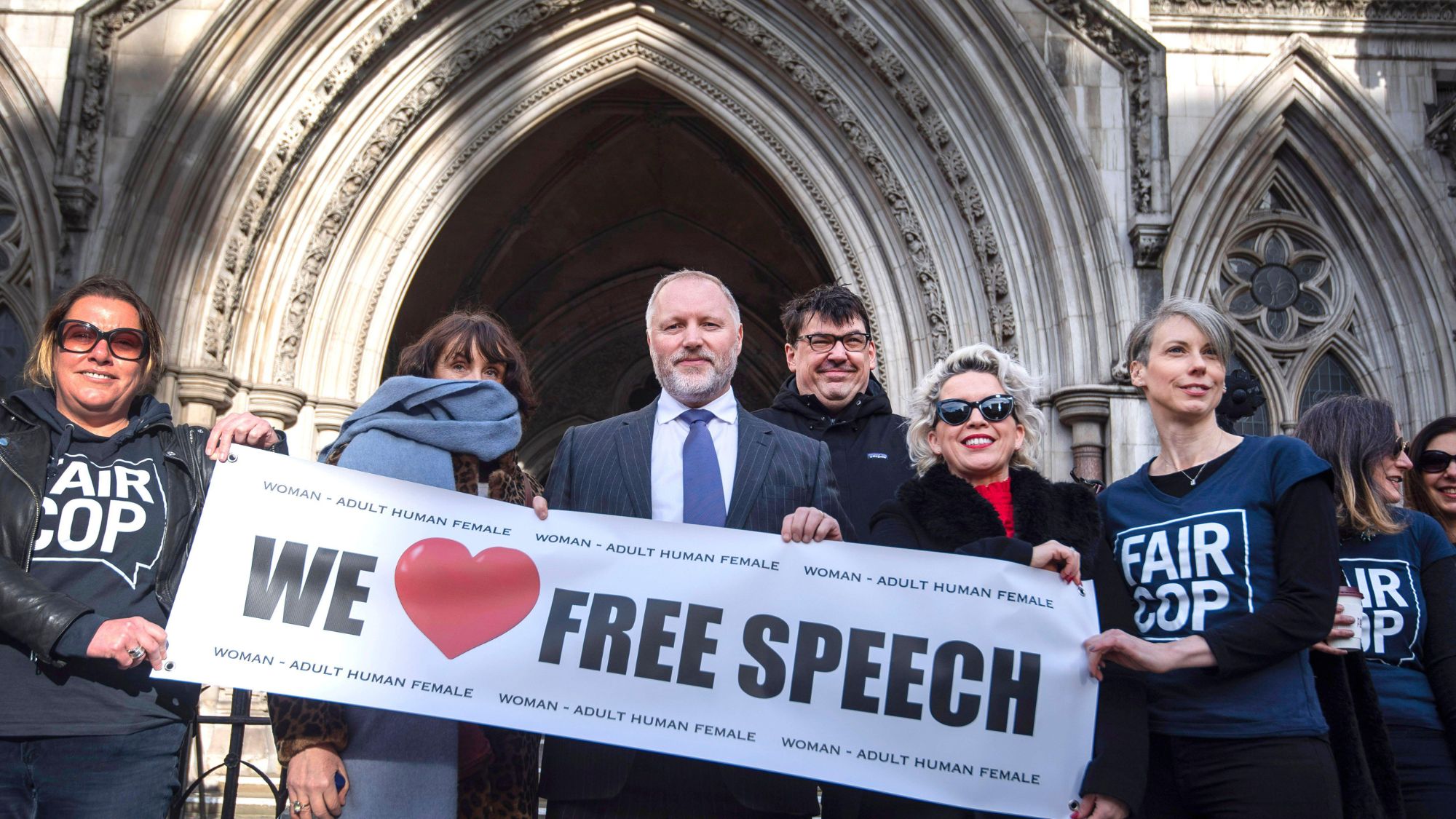 NCHIs: the controversy over non-crime hate incidents
NCHIs: the controversy over non-crime hate incidentsThe Explainer Is the policing of non-crime hate incidents an Orwellian outrage or an essential tool of modern law enforcement?